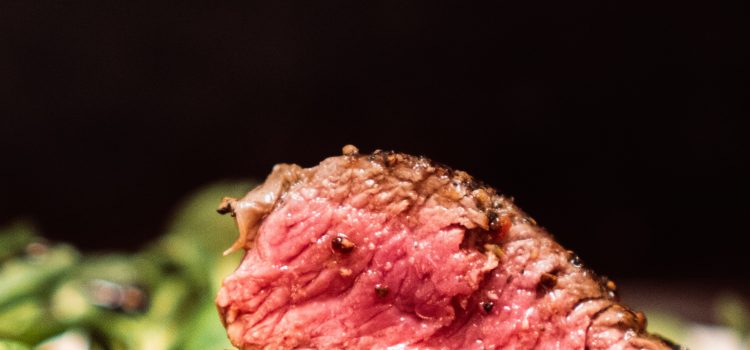
Introduction:
We’ve all experienced the sensation of sweating profusely after consuming a large meal, especially one that’s heavy in meat. This phenomenon is commonly referred to as the “meat sweats.” But are they real, or just a figment of our imagination?
What Are the Meat Sweats?
The meat sweats refer to the excessive sweating that can occur after consuming a large meal, particularly one that is high in protein and fat. The exact cause of this phenomenon is not yet fully understood.
The Science Behind the Meat Sweats:
While the meat sweats are not yet fully understood, there are several theories about why they occur. One theory is that consuming large amounts of protein and fat can increase metabolic heat production, leading to an increase in body temperature and subsequent sweating. Another theory is that the high salt content in meat can trigger excessive sweating.
Factors That Can Contribute to the Meat Sweats:
While consuming meat is a common trigger for the meat sweats, there are other factors that can contribute to excessive sweating after a meal. These include consuming spicy foods, consuming alcohol, and eating in a hot or humid environment.
How to Manage the Meat Sweats:
While the meat sweats are not inherently harmful, they can be uncomfortable and embarrassing. To manage the meat sweats, it’s important to stay hydrated, avoid consuming large amounts of meat in one sitting, and consume foods that are high in water content to help regulate body temperature.
Conclusion:
While the science behind the meat sweats is not yet fully understood, it is clear that consuming large amounts of meat can trigger excessive sweating in some people. By understanding the potential causes of the meat sweats and taking steps to manage them, you can continue to enjoy your favorite meals without experiencing uncomfortable side effects.










